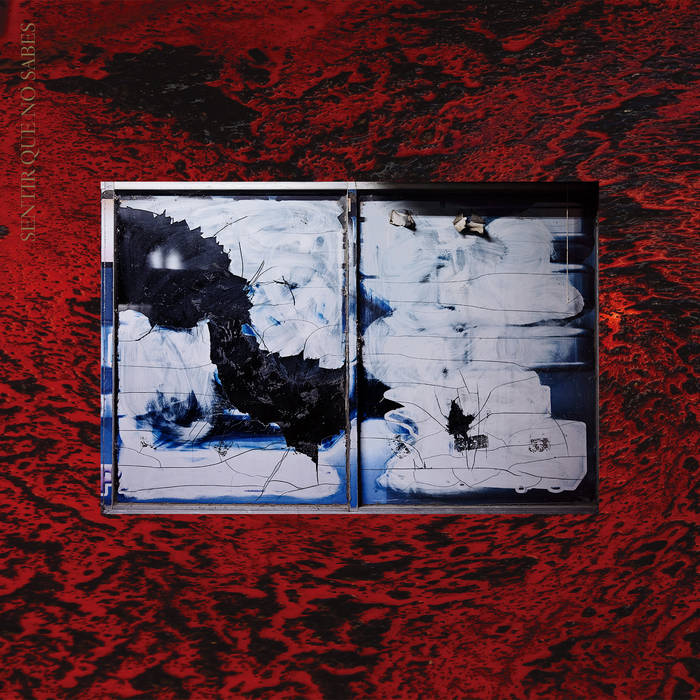There’s shame in not knowing. That’s why it’s hard to admit when you’re wrong. Doubt is weak. Knowing is assertive. Not for Mabe Fratti. “At the moment I’m pro-confusion”, she says of her new record in its Bandcamp description. “That moment when you feel you don’t know anything and you are soft like jello and any fork can go through you. And ideas change and grow on that soft spot where there’s a question mark.” We meet her on that spot, jello everywhere.
The title of Fratti’s new record could sound unsure: Sentir que no sabes (‘feel like you don’t know). Instead, it’s a command to embrace curiosity, so the future isn’t so fixed in place. You feel it when she pulls the beat away on ‘Kravitz’, or in the opening lyrics to ‘Pantalla Azul’ (roughly translated, “do you want to turn off the lights / forget science”). You feel it when questioning the source of her layered sounds, like if a string part is real, digital or some mix of the two. You realise you’d rather keep the mystery.
Fratti brings us into her process of searching and questioning. Songs form from nothing. Ideas sprout and delight, carried by voice and cello. Her three previous records already blurred genre lines (touchpoints are Arthur Russell, trip hop, Talk Talk, dream pop), as well as the lines between prepared and improvised. Building on Vidrio, her seismic 2023 collaboration with Hector Tosta as Titanic, this new record initially seems solid and weighty with a rhythm section of cello and drum kit. When you’re submerged in it, it’s as loose and surprising as anything she’s created.
Fratti, Tosta, and drummer Gibran Andrade are a tight unit. They lock into hard grooves, but leave space for players to improvise. ‘Enfrente’ begins as a jam that could pass for an artsy inversion of a Bond song, before skittering off into a synth passage that’s closer to 90s chillout or an eerie TV theme.
The sparser tracks are just as strong. ‘Quieras O No’ finds aching ways to stretch out a single lyrical idea, with plucked cello, wailed vocoder and voice tumbling over each other. Tosta’s production masters the use of space, when Fratti’s voice is scattered with delay and we’re pushed close to her hands on the cello. Here and everywhere, the record is wide-screen and personal. Fratti similarly nails scale on ‘Alarmas olividadas’, where familiar pieces of voice, vocoder and cello become enormous through lumbering performances.
It’s all so assured, yet Fratti never returns to the same thought for long. It’s impressive for a musician who’s comfortable with her voice and instrument. Knowledge of form can turn us into prediction machines, drawn back to what we know works. That can close off newness. With a sudden flash of horns, an ugly scratched note, or a gorgeous pop melody, this record bursts with possibility. How did she do it? Not knowing is beautiful.


